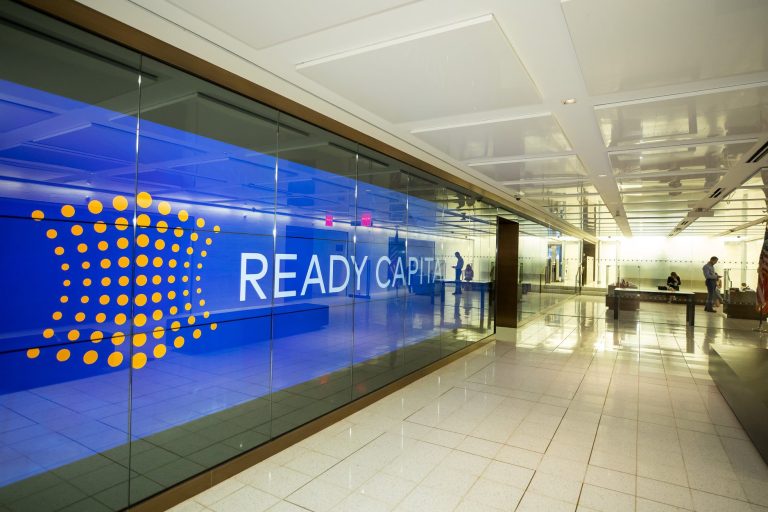Addressing Government Assistance Pain Points for Small Business

In this month’s “Money Mobility Tracker®,” PYMNTS analyzes why the record surge in stimulus checks made clear why governments need the ability to make digital payments to meet modern consumers’ and businesses’ disbursement needs.
An interview with John Moshier, CEO at ReadyCap Lending, about the pain points of government programs intended to aid small businesses.
—
 Navigating the Paperwork of Government Loans
Navigating the Paperwork of Government Loans
Even before the pandemic, documentation was the biggest pain point for small- to medium-sized businesses (SMBs) seeking government-guaranteed loans, according to Moshier. A core service for ReadyCap is just helping customers understand the paperwork needed for specific loan programs. That can change not only from program to program but also from business to business, and there is no one-size-fits-all answer when applying.
When the pandemic hit, the role of commercial lenders was amplified, with everyone from the Small Business Administration (SBA) down to the businesses seeking Paycheck Protection Plan (PPP) loans having to learn about an entirely new program as it was being created. The PPP loans were an unprecedented kind of loan and, with the expectation of loan forgiveness, in some ways worked more like grants.
Commercial Lenders as Gatekeepers Against Fraud
Following the rollout of the PPP loans, the problems that their rapid deployment created for fraud prevention became apparent. Moshier said guidance from the SBA was being issued even as the program was being implemented, and commercial lenders had to take a front-line role in ensuring that the money was going to the businesses for which it was intended. ReadyCap also had to weed out bots and ensure that applicants had viable businesses and were not trying to game the system.
In the end, although there were fraud problems in the overall PPP, the efforts of people on the ground who worked with businesses helped to ensure that the money actually reached the businesses that needed it to keep their employees paid.
Keeping the Forgiveness Coming
Not every applicant who received a PPP loan has been eligible for loan forgiveness, which was predicated on the funds being used to pay employees. For most of the businesses that ReadyCap worked with, this has not been a problem, Moshier said.

At the same time, the government’s efforts to prevent ineligible businesses from receiving forgiveness sometimes resulted in rejections that were not justified. By ensuring that documentation is squared away at the front end, ReadyCap has been able to help customers who might need to appeal, as well as those who simply have multiple requests from the government for the same documentation.
Planning Your Work and Working Your Plan
Handling that kind of information internally and developing better interagency cooperation could improve future crisis responses similar to the PPP, Moshier said. Much of the information that had to be gathered to validate loan applications is already held at the IRS, but there was no system in place for commercial lenders or the SBA to confirm the validity of applications with the agency. Similar validation is required for other loan programs, but the timing of PPP loans appears to have prevented it. By having a plan in place before it is needed, the government can ensure a smoother and better process.
